HANOI In his book 'The One Straw Revolution', Masanobu Fukuoka advocated not weeding. The concept of lazy agriculture originated from there. However, it is difficult for agriculture in Vietnam to be lazy.
HANOI In his book 'The One Straw Revolution', Masanobu Fukuoka advocated not weeding. The concept of lazy agriculture originated from there. However, it is difficult for agriculture in Vietnam to be lazy.
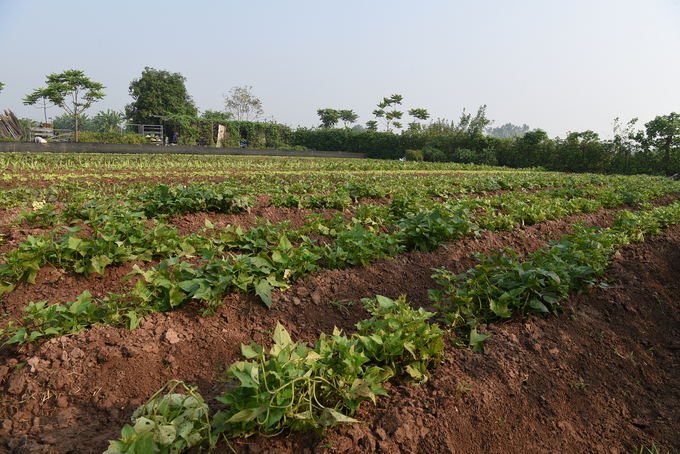
Crop diversification helps reduce pests and diseases. Photo: Duong Dinh Tuong.
Master Tran Van Luyen is one of four members of the Green Gen group who are producing organic vegetables on a farm in Hiep Thuan commune (Phuc Tho district, Hanoi ). He confessed to me that at first, his brothers were both working for the government and farming, and then they stopped working for the government because they felt that paperwork was no longer suitable.
“This is the land where I used to grow grapefruit, Hiep Thuan grapefruit, Que Duong grapefruit with Professor Vu Manh Hai. I got to know the workers and then decided to rent the land to grow organic vegetables. The group's daily work is to sell vegetables on Monday, Wednesday, and Friday, and on Tuesday, Thursday, and Saturday, we still produce in the fields as usual.
Of the four people, Mr. Chinh is in charge of the whole thing, Ms. Duyen is in charge of posting sales ads, collecting debts, Ms. Thanh is in charge of plant varieties, planting time, and direct production. The other person in charge of placing orders, taking care of customers, and transporting goods into the city used to be by motorbike, but now by van. Every day we travel 15-17km from home to here to do these things,” Mr. Luyen said.
Dr. Nguyen Duc Chinh confided that in organic production, weeding is the most expensive, so Gen Xanh does not manage weeds thoroughly. Where the weeds grow too much, they can affect the vegetables, so they are cut, but the grass under fruit trees such as guava and strawberry does not need to be weeded regularly. Moreover, the grass is also useful.
Dr. Chinh said: “Weeds are not always weeds. Weeds compete with crops for light, nutrients, and water, but with tall fruit trees, weeds have difficulty competing, and do not require too much management.
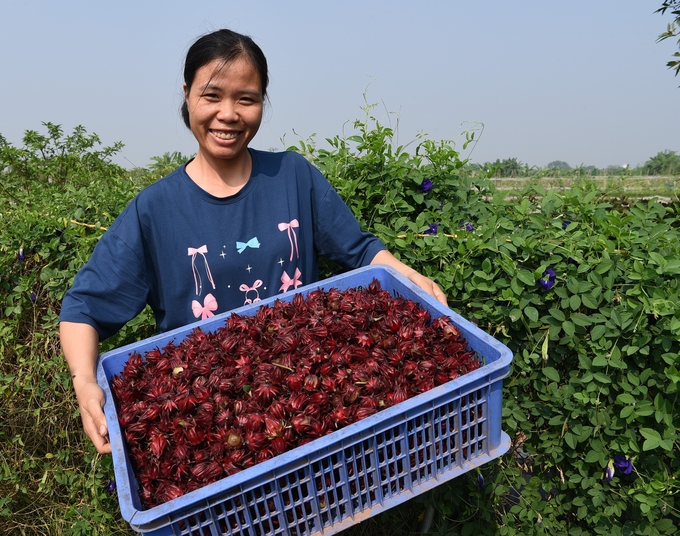
Master Nguyen Thi Thanh harvests hibiscus flowers. Photo: Duong Dinh Tuong.
Like the book The One Straw Revolution by Masanobu Fukuoka, they don't even weed. The concept of lazy agriculture comes from there. However, agriculture in Vietnam can hardly be lazy. I completely agree with the Japanese author's opinion that the productivity of organic agriculture is increasing and can approach the productivity of chemical agriculture because I see that the productivity of the farm increases every year because the land is getting better and better. When productivity increases, the cost decreases.
According to Mr. Chinh, the pressure on farmers when choosing between spraying and not spraying is very high because when they see worms eating vegetables, they just want to take out the bottle, especially when supervision in Vietnam is lax. However, after reading many documents, his Green Gen group believes in changing the mindset of seeing worms eating vegetables without pain or pity, but accepting it, and only dealing with it at a certain threshold.
Learning from the Japanese self-awareness, the group has committed to organic production (the farm has met Vietnam's organic standards) by never using banned substances, even if no one manages it, they have to manage themselves. In addition to vegetables, Gen Xanh also grows medicinal herbs to make tea such as chrysanthemums, roses, hibiscus, squash, bitter melon, perilla...
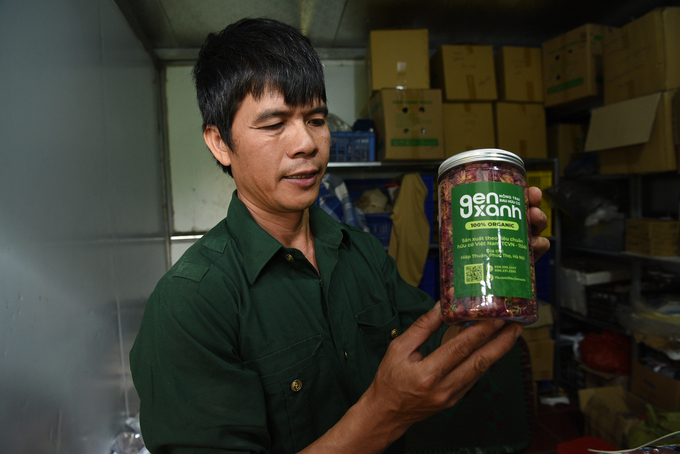
Dr. Nguyen Duc Chinh next to a jar of freeze-dried medicinal tea. Photo: Duong Dinh Tuong.
“In Vietnam, you can see medicinal herbs like dandelion, sawtooth dogwood, jasmine, and gotu kola on the street… Many things are available here without having to be planted because they grow naturally. I haven’t used medicine for a long time because I want to live a natural, self-balanced life. When I’m sick, I just need to steam for a while and I’ll be fine and able to eat. Even my farm itself wants to go natural, so the less input I buy, the better to control quality and save costs,” Chinh shared.
Currently, the group's medicinal herbs are sold fresh and also dried and freeze-dried. Mr. Chinh himself has researched and invented a cheap freeze-drying technology, not only that, but the electricity consumption is also cheaper than hot drying. With a freeze-drying system invested with only 80 million VND, each batch can dry 1.5 - 3 quintals of goods that meet the requirements of separating water from the product at a low temperature, not exceeding 40 degrees Celsius. The first stage is the type of tea in the form of chopped stems and leaves, then it can be further processed such as tea bags, bath water. In addition to drying medicinal herbs, Gen Xanh also uses freeze-dryers to dry royal vegetables, carrots, cabbage, etc.
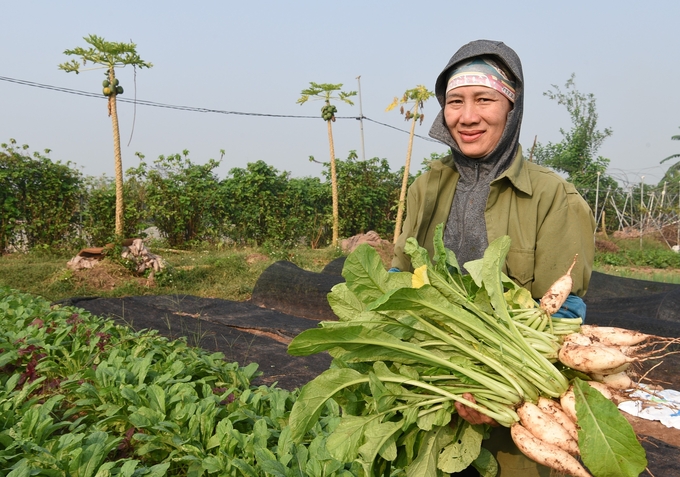
Harvesting radishes at Gen Xanh farm. Photo: Duong Dinh Tuong.
Customers are mainly retail customers applying the farm-to-table model, which means delivering directly to consumers, almost without going through stores. Loyal customers are formed through a fanpage with a group selling three times a week (Monday, Wednesday, Friday). Before that, the group will announce what items are available today and how much they cost. Whoever orders will record it and use a car to transport it to a point in Hanoi, then there will be professional shippers to deliver it to each customer.
With this delivery, Gen Xanh sells at a higher price than delivering to stores, but customers get a lower price than buying at stores. Currently, the average price of mustard greens is 40,000 VND/kg and that price is stable throughout the year, with little change according to the market. The group consumes 4-5 tons per month.
The group's annual revenue is only a modest 2 billion VND, but it is enough to pay wages and vacations for 11 workers, mostly elderly, even disabled, and in very difficult circumstances. It also buys a van for delivery, rents land to expand the area, and buys equipment.
The group is also considering linking up with organic vegetable farmers. Accordingly, the group will supply input materials, provide technical guidance, monitor quality and purchase products, and build a larger closed production chain. Currently, Mr. Chinh is working with a number of partners to export organic spices and medicinal herbs to Japan and Europe.
Source: https://nongsanviet.nongnghiep.vn/lam-nong-nghiep-o-viet-nam-kho-co-the-luoi-duoc-d408240.html












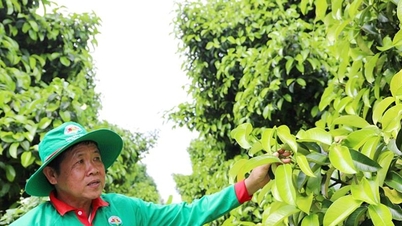

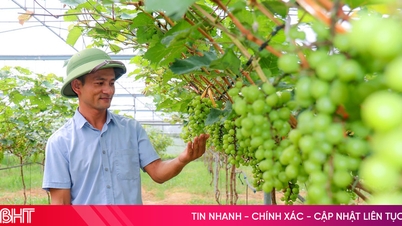








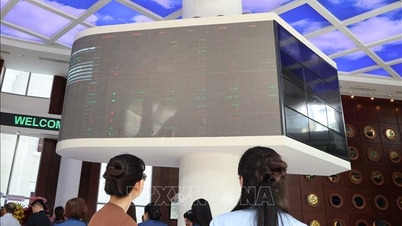


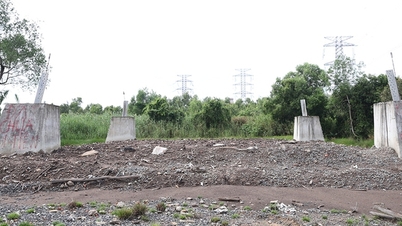

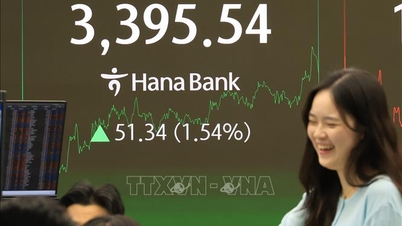








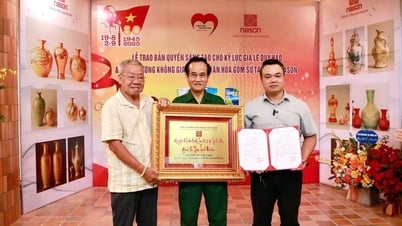







































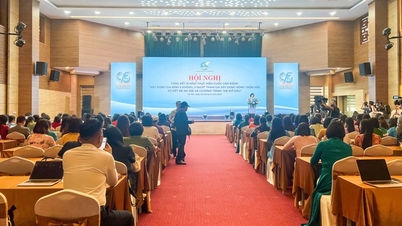
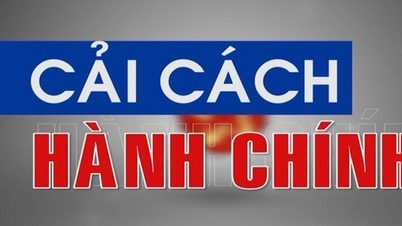



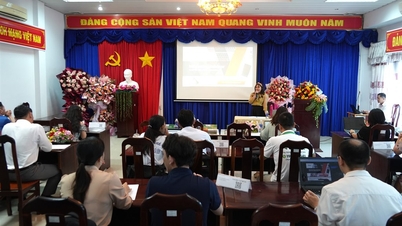
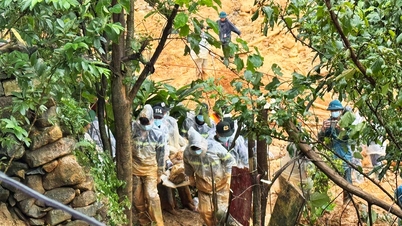

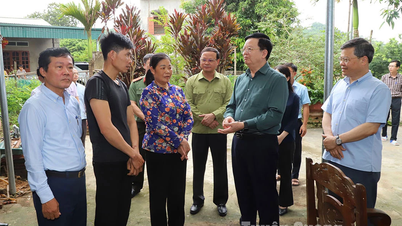


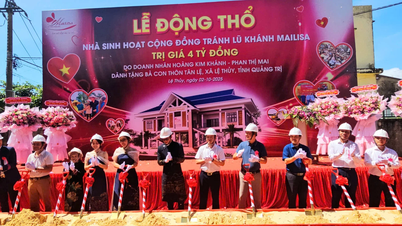















Comment (0)